Before Your Eye Exam
What You Need To Know
At Precision Family Eye Care, we strive to make your experience as convenient and comfortable as possible. To help with a seamless experience, this page will cover what information and materials you will need to bring to your eye exam at Precision Family Eye Care and go over things like insurance, payment options, and more. Please feel free to read through each tab and let us know if you have any questions.
Click Each Bar Below to Expand and Read

New Patient Forms
You can download and print your Patient forms by clicking the link below. If desired, these forms can be filled out ahead of time and brought to your appointment.
It is imperative that all patients fill out the patient health history forms fully. Many common conditions such as, diabetes, high blood pressure, sleep apnea, arthritis, or even getting hit in the eye as a child, can have a serious impact on your eye health. In addition, ALL MEDICINES including over the counter medicines, supplements, and vitamins need to be listed. Many of these medications can affect the health of the eye or glasses prescriptions or may require additional testing or monitoring.
Finally, DIABETIC EYE DISEASE is the leading cause of blindness between the ages 25-65, all diabetic patients need to bring (or be familiar) with their most recent blood work (including their typical fasting blood sugar (FBS) and their last HbA1c value (commonly referred to as “A1C”). It is also helpful to supply the name and phone/fax for the treating primary care doctor or endocrinologist. These pieces of information are very important and allow us to use the findings of our exam to better understand your current control level and to communicate these findings via a personalized letter to your managing doctor in a timely manner.
Insurance Information
All patients need to bring both their medical insurance card and vision insurance card (if supplied) along with a photo ID to every visit. The insurance world is always changing and can be confusing. Therefore, we highly recommend that all patients review our explanation of Vision Insurance vs Medical Insurance in the next tab below to better understand how insurances benefits function in eye care.
What's the difference in coverage?
These entities are quite different. Please read this entire section below on vision insurance vs medical insurance for a review of how your insurances will be used at our office.
Vision Insurances
Vision insurances cover a routine Complete Ocular Health Exam ONLY for refractive or glasses related problems. Vision insurances are typically an add-on supplemental insurance that is provided as an option by either an employer, when purchased through the health care exchanges, or directly through an insurance carrier.
There are many, many different possible vision insurances and the next tab shows which vision insurances we accept. If we do not accept your vision insurance, we are still able to take care of you as patients for medical eye conditions through your medical insurance carrier.
All vision insurances will cover a Complete Ocular Health Exam with a copay or a percentage discount off the exam. From that point, the vision insurance may also cover or give a discount on materials (contact lenses or glasses) or pay a certain amount toward those materials with you, the patient, being responsible for any charges over that amount and/or required material copays as laid out by your vision insurance. Some vision insurance will also cover additional lens options like No-Line Bifocals or Antireflective Coatings, while others do not.
It is also extremely important to reiterate that vision insurance DOES NOT cover any ocular health issues or specialty testing associated with eye diseases (dry eye evaluations or treatment, glaucoma testing or treatment, eye infections, contact lens complication, etc.). Exams are only billable to vision insurances if they involve a refractive or glasses related diagnosis (nearsighted, farsighted, astigmatism, or presbyopia), otherwise they are billed to your medical insurance. Common complaints such as itchy eyes, dry eyes, and even headaches depending on the findings of the exam often result in the your medical carrier being billed for those visits. Which visits are covered by which insurance is determined by your reason for visit and by the findings of the exam and are not rules we have created but simply what is dictated to us by the Vision and Medical insurance companies. If an exam is billed to your medical insurance carrier, you are still able to use your glasses or contact lens vision insurance benefit toward the purchase of materials.
Medical Insurances
As discussed prior, vision insurances only cover office visits where the main diagnosis is a refraction related issue. If the doctors find an ocular condition or disease that requires treatment or further in office testing, that visit and all specialty testing and procedures are billable toward your medical insurance and is subject to any medical copays or deductibles associated with the medical insurance.
In addition, certain medical conditions require a higher degree of medical decision making which require an exam visit to be filed with your medical insurance. These additional situations include, but are not limited to ALL DIABETIC EYE EXAMS, certain high risk medications, certain neurological conditions, among other things. Our staff will do their best to make you aware whether you visit will be covered under your vision or medical insurance, but such things can change based on the exam findings and the reason for your visit.
Vision Insurances Accepted
Please be aware that vision insurance plans DO NOT COVER any ocular health issues or specialty testing associated with eye diseases (dry eye evaluations or treatment, glaucoma testing or treatment, eye infections, or any specialty testing). Vision insurance only except refractive diagnoses (nearsightedness, farsightedness, astigmatism), these are not the rules of Precision Family Eye Care but are dictated to us by the insurance companies. If your exam uncovers underlying ocular disease with or without treatment the visit may be processed through your medical insurance. Even if the office visit goes through your medical insurance, you are still able to use any vision insurance benefits for materials like glasses or contacts.
Please be aware of this fact and for more information of the difference between vision and medical insurance in eye care read more on the tab above "Vision Insurance versus Medical Insurance" for a complete discussion.
Below is a list of all vision insurances we are currently providers for. If you insurance is not listed, please call our office to confirm we are a provider.


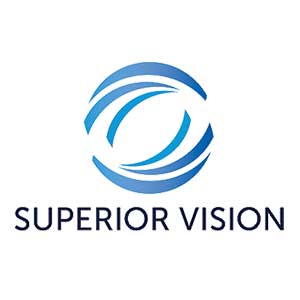
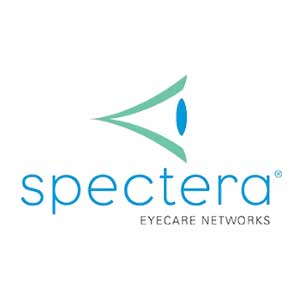

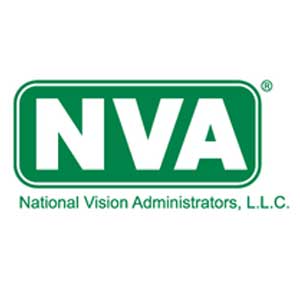

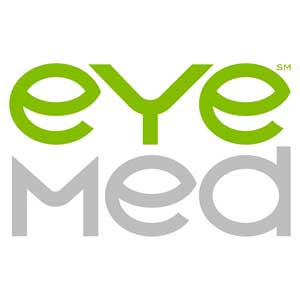
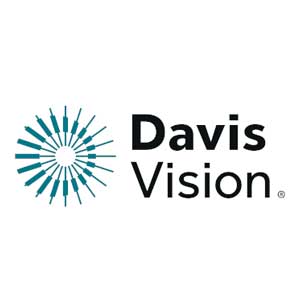
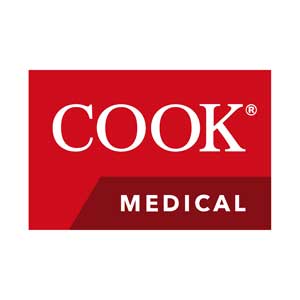
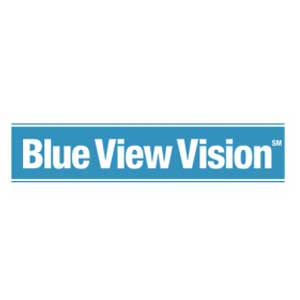
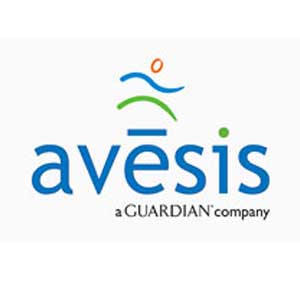
Medical Insurances Accepted
Please be aware that vision insurance plans DO NOT COVER any ocular health issues or specialty testing associated with eye diseases (dry eye evaluations or treatment, glaucoma testing or treatment, eye infections, or any specialty testing). If your exam uncovers underlying ocular disease with or without treatment the visit will be processed through your medical insurance.
For more information of the difference between vision and medical insurance in eye care, please read the tab above "Vision Insurance versus Medical Insurance" for a complete discussion.
Below is a list of all medical insurances we are currently providers for. If you insurance is not listed, please call our office to confirm we are a provider.





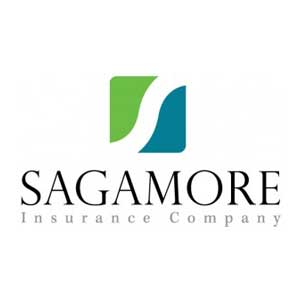



EYE DILATION and ALTERNATIVES
The dilation of the eye is a vitally important and often misunderstood part of the eye exam. There are some situations where dilating the eyes is necessary for prescribing proper glasses or contact lenses. Most of the time, dilation is used for health purposes to rule out cataracts, glaucoma, macular degeneration, diabetic eye disease, along with many, many other conditions. When looking through an un-dilated pupil it is only possible to view about 10-15% of the retina, however, with dilation we are able to view and analyze 100% of the inside of the eye.
Side Effects
Side effects from dilation usually last 3-4 hours and include light sensitivity which will require sunglasses (temporary sunglasses are provided) and blurriness with reading is common if you are under 50 years of age. Dilation will not substantially affect distance vision or the ability to drive a vehicle.
If dilation is not desired or inconvenient we also offer an alternative to dilation using ultra-wide field imaging of retina. While not an absolute alternative to dilation, this is an acceptable way to evaluate the internal health of the eye for routine examination.
It is very helpful for the doctor to be aware of what prescription glasses and contacts you are currently using. Please bring any old pairs of glasses or empty boxes of contact lenses to your first visit. This may sound unimportant but bringing this information with you will allow the doctor to tell if there is a change in your prescription and will help to ensure that you are prescribed a precision pair of glasses or contact lenses.
At Precision Family Eye Care we carry and recommended only the highest quality frames and spectacle lens options. However, we understand that picking out that perfect new pair of eyeglasses can sometimes be an overwhelming and confusing process. With the number of lens types, material, coatings, bifocals and options ever increasing we want our patients to fully understand what is available and why we recommended certain options for certain individuals.
We strongly recommend that all new patients to our office or anyone interested in better understanding glasses options and how they work, to visit our Demystifying Lens Options tab below. Here we go through all the commonly encountered lens materials, coatings, and bifocals types, making you, our patients, more educated consumers.
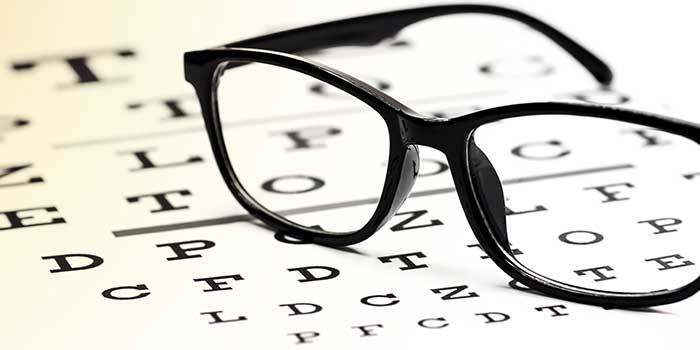
Demystifying Lens Options
Let’s be honest, if you wear glasses we know this scenario has happened to you before…
You came in to get your eyes examined with the mindset of getting a great pair of brand new glasses. After trying on a dozen different pairs of frames you finally find that perfect one and with a sigh of relief you relax as the hard part is now over… or is it?
Then, as you begin working with a staff member to complete the purchase, you are suddenly being overwhelmed with jargon, lens options, and foreign sounding words. Terms like anti-reflective coating, high index, digital lenses, Transitions®, progressive addition lenses, trifocals, and segment heights flood your mind and before you know it, what should be an exciting and empowering experience has turned into confusion, uncertainty, and second guessing. In the industry we have seen this happen all too often, but at Precision Family Eye Care we want to return this process to the rewarding and exciting experience it should be by addressing and explaining all the options available to patients upfront.
This section will outline all of the eyeglass lens options currently available along with additional links and our recommendations. It is our hope, that as a more informed and savvy consumer, the next time you go to get that perfect pair of new glasses, you will have a more perfect experience as well.
Lens Options for Materials
For many, many years glass lenses where very common and popular due to a natural resistance to scratches as well as a lack of any good alternatives. Thankfully that has changed. The main downside to glass lenses is that they are, well…glass. Having glass break or shatter so near the eye from a flying rock or an unexpected tumble can lead to a truly dangerous and vision threatening situation and with better alternatives available, glass lenses are very rarely used in today’s glasses market.
Bifocal Lens Options
At Precision Family Eye Care, we know that the “Infamous B-word” is not something patients like to hear or talk about. But as our eyes naturally age and the lenses of our eyes start to falter (Presbyopia), the bifocal can be a tremendous improvement in comfort and ease over multiple pairs of glasses or always searching for those elusive reading glasses. In this section we will seek to demystify the Bifocal, how it works, what it’s like to wear one, the newest technology, and which type of bifocal will work best for you.
Lens Coatings and Tints
Whatever your daily uses are for your lenses, there are ways to protect and enhance your wearing experience. From Antireflective and Scratch-Resistance to UV Coating, Photochromic, Solid or Polarized - we can discuss your needs explain what they do, how they work, how they’re made, and the benefits and drawbacks to each.

PAYMENT OPTIONS
- Cash
- Check
- Visa, Mastercard or Discover
Care Credit
About Care Credit | Subject to credit approval, this healthcare credit card may be used as a payment options at Dentist, Veterinary, and many other medical offices. With convenient monthly payments, many patients prefer this option for larger health care purchases like dental work or prescription eye glasses. We are happy to offer this option to our patients. For more information or to sign up for Care Credit.
Ready For Better Eye Health?
We're ready to help get you on the path to seeing the world through fresh eyes. Schedule your appointment today!

